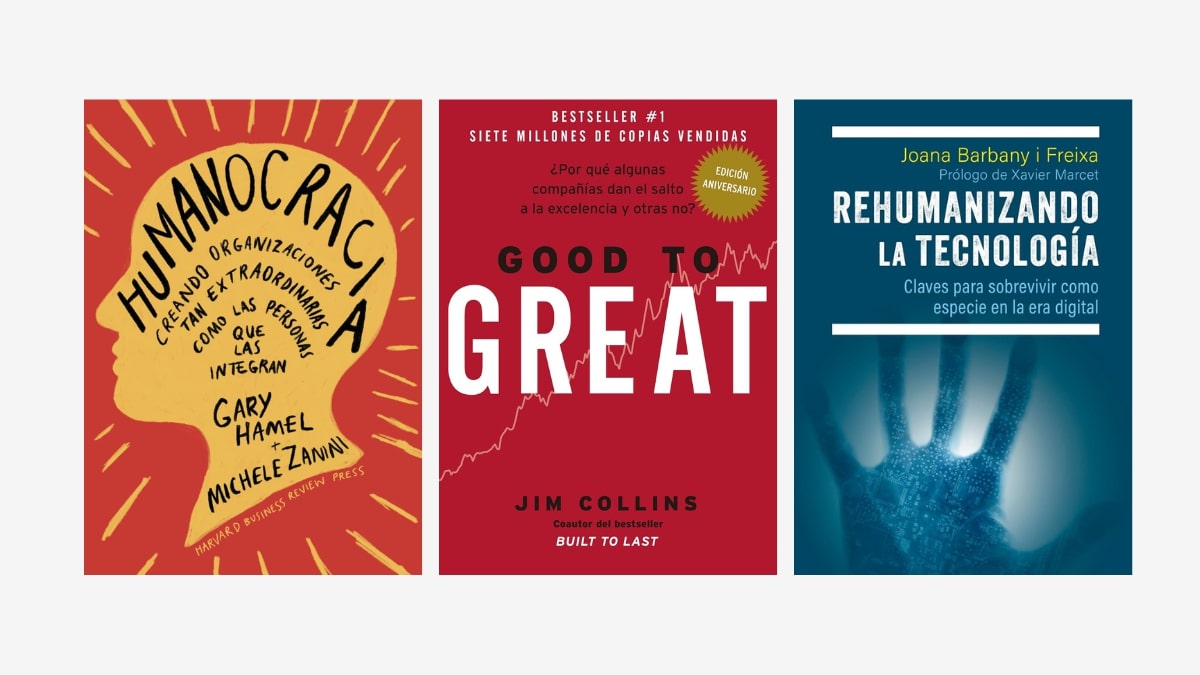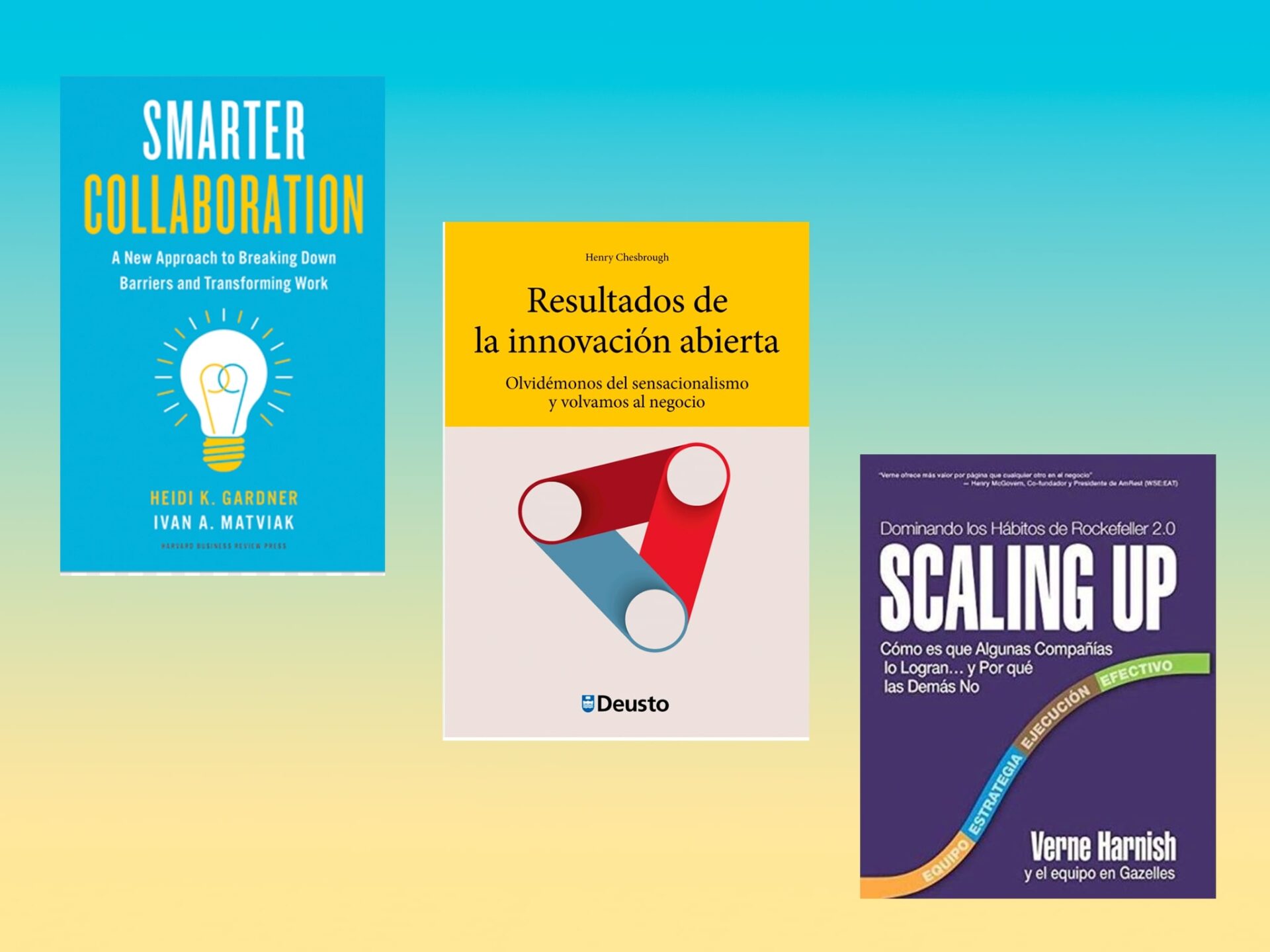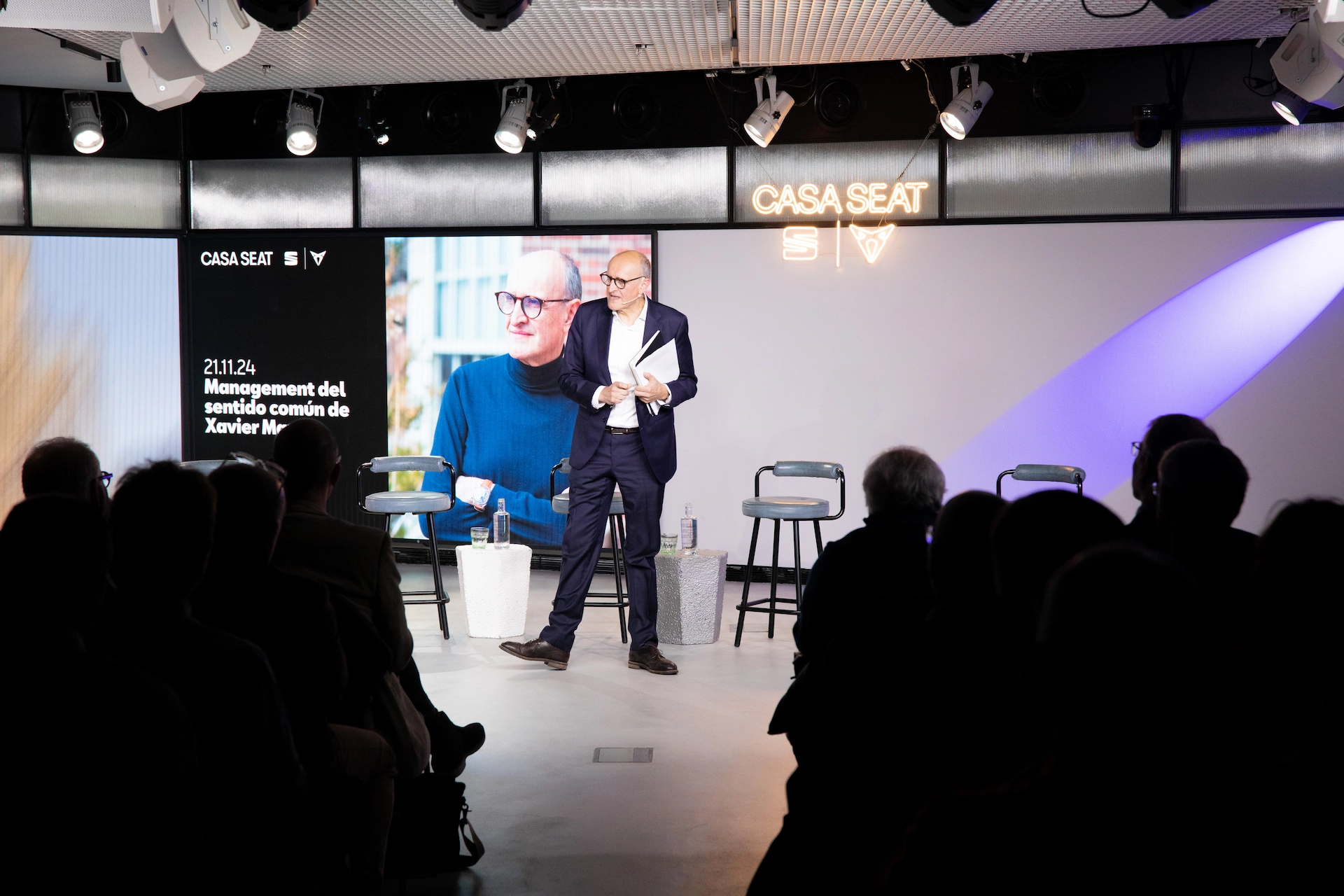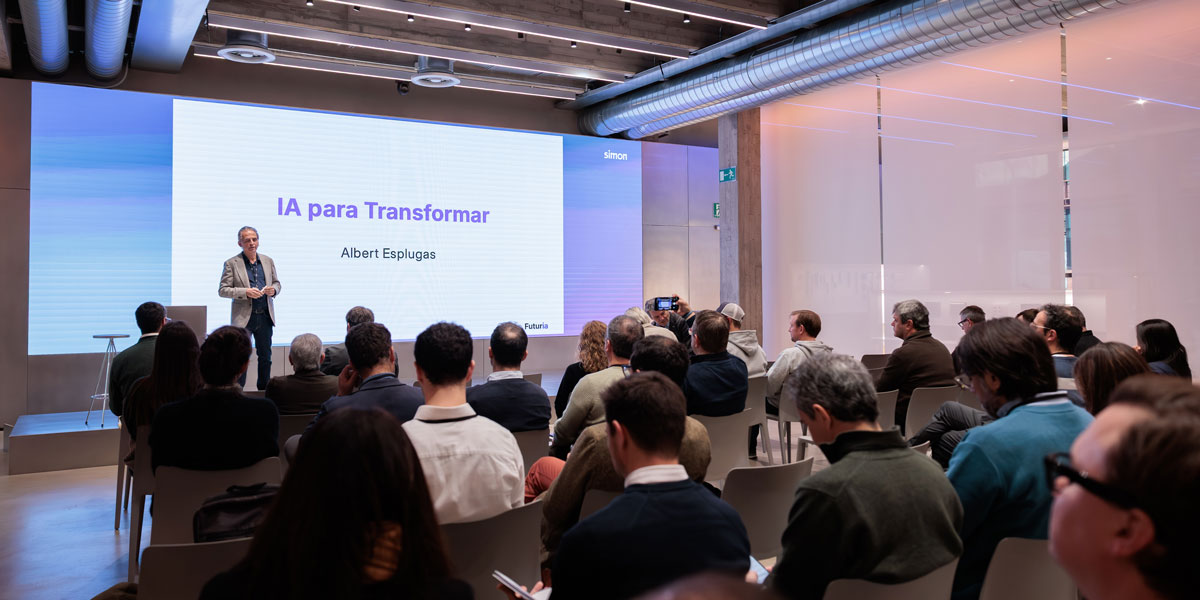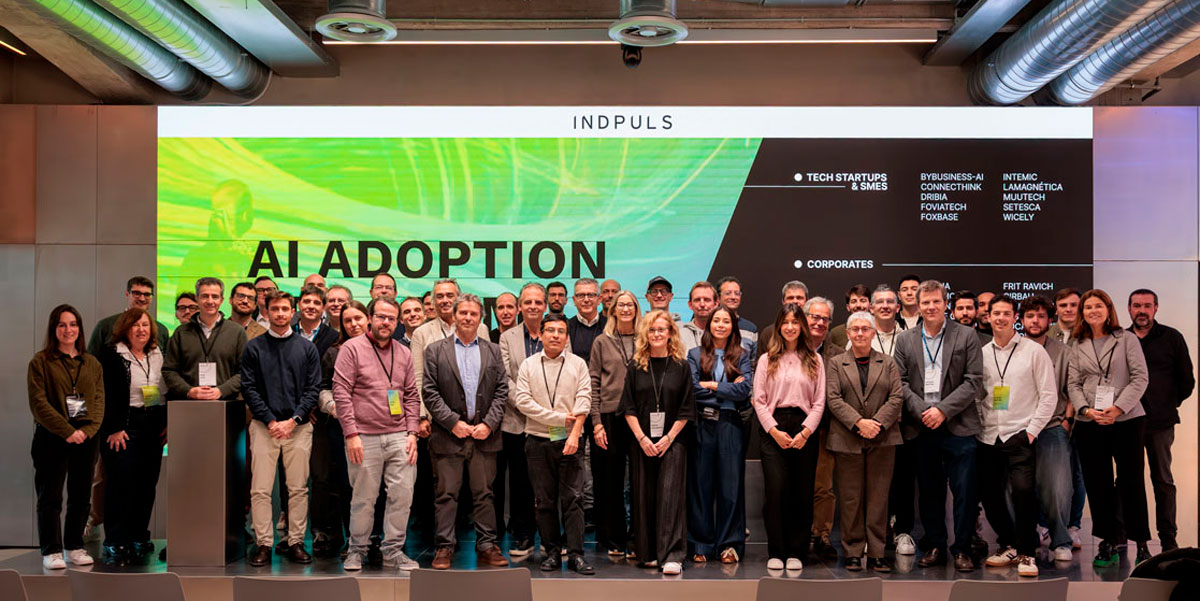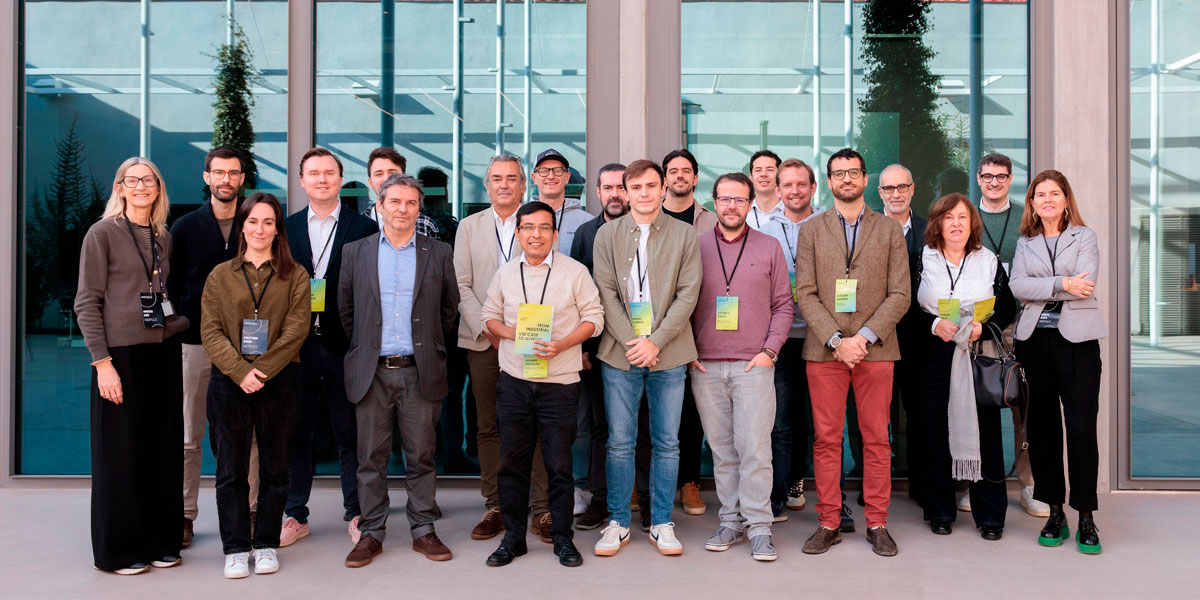10 Books on Management and Innovation that we recommend from INDPULS
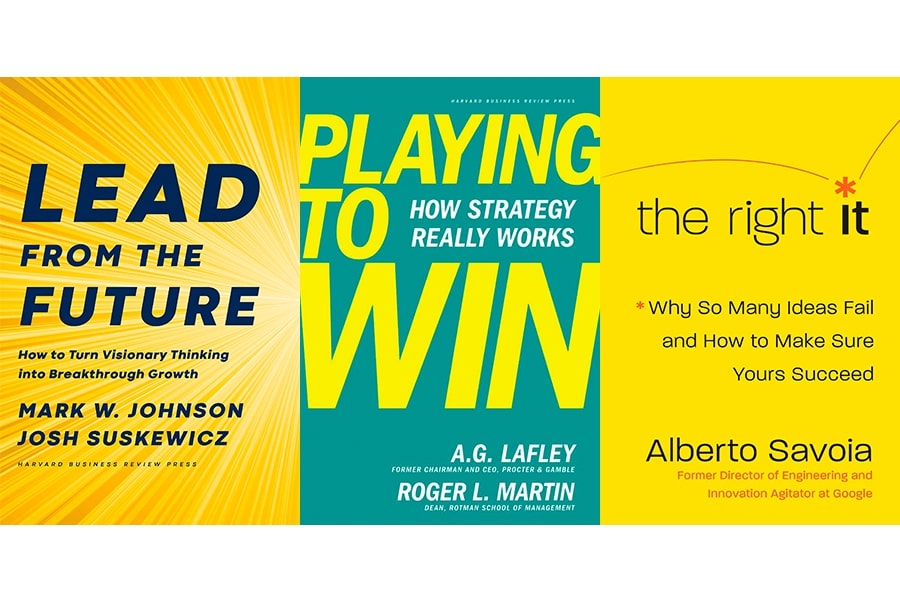
Recently, some INDPULS partners participated in the Boston Seminar on Strategy, Growth and Innovation, organised by Lead To Change.
Below, we share with you a series of books that we read during the preparatory phase of the seminar, or that were recommended to us during the sessions of the different speakers. Given that Sant Jordi, International Book Day, is approaching, it may be a good excuse to buy or give some of them as gifts.
“Roba como un artista: Las 10 cosas que nadie te ha dicho acerca de ser creativo” by Austin Kleon.
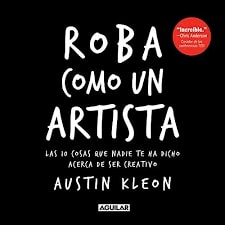
During his presentation, Jordi Albó, CSO and co-founder of Lighthouse DIG, recommended the book “Roba como un artista: Las 10 cosas que nadie te ha dicho acerca de ser creativo” by Austin Kleon. It is the best seller on creativity. The author presents 10 principles to discover your artistic side and have a much more creative life.
“Appetite for Innovation: Creativity and Change at El Bulli” by M. Pilar Opazo.
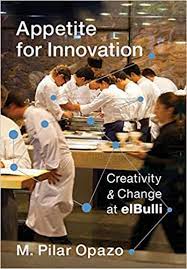
Albó also recommended the book “Appetite for Innovation: Creativity and Change at El Bulli” by M. Pilar Opazo. A book in which the author analyses El Bulli’s innovation model and identifies a series of strategies applicable to any company or industry that wants to innovate.
“Moonshot Thinking: Transforma la innovación disruptiva en una oportunidad” by Ivan Bofarull.
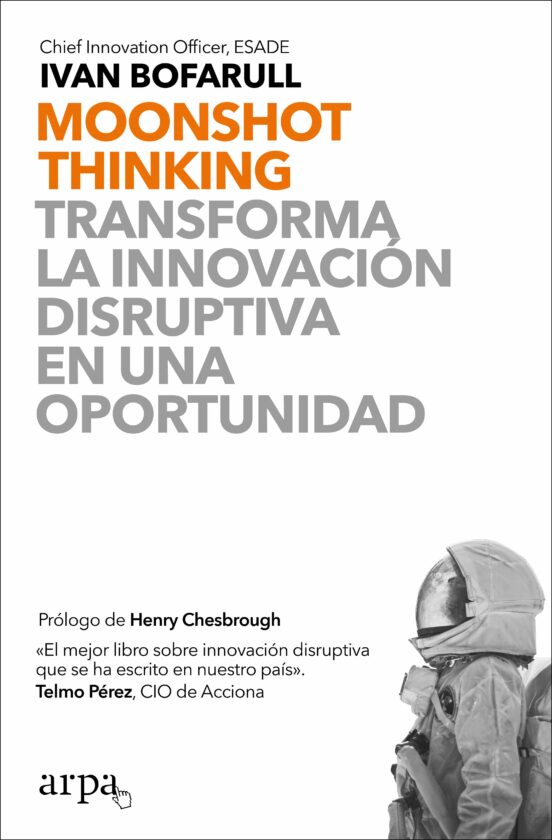
Marc Marcet, Innovation Manager at Lead To Change, gave us a talk about the book “Moonshot Thinking: Transform Disruptive Innovation into an Opportunity” by Ivan Bofarull, CIO at ESADE. He talked about the importance of disruptive innovation for the longevity of companies in an increasingly shorter life cycle. He referred to moonshot thinking, a mindset of thinking big, which seeks to have a big impact.
Marc Marcet highlighted the importance of thinking ahead and understanding emerging trends and technologies to adapt and survive in an increasingly competitive market.
Finally, he presented the 12 habits to transform disruption into opportunity:
- Take time to think.
- From the future to the present.
- Understand technology before it understands you, your company or your industry.
- Pay close attention to synthesis situations.
- Scouting, understood as investment trends in my sector, etc.
- Also, do anti-scouting. From the ideas we have discarded, follow what happens to them, why someone is betting on them, how they evolve…
- Start with the problem from 0, not with your current product.
- Connect with your infinite resources, not necessarily yours.
- Create non-linear principles.
- Always be on the frontier.
- Experiment: introduce a bias in favour of yes.
- Avoid complacency.
“Management Humanista. La estrategia son las personas” by Xavier Marcet and Javier García.
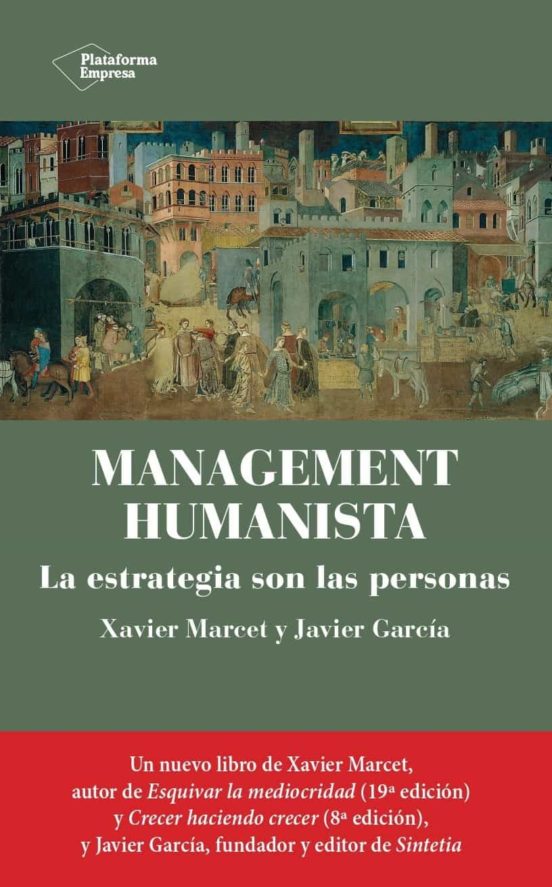
Another book we recommend is “Management Humanista. La estrategia son las personas” by Xavier Marcet and Javier García. Thanks to their experience and knowledge, the authors present us with a business Renaissance capable of creating corporate and social value, accompanied by financial strength that gives rise to innovation and creativity, without neglecting the essence and people.
“Innovar: Un manifiesto de acción” by Pérez-Breva.
Another speaker at the seminar was Luis Pérez-Breva, director of the MIT Innovation Teams programme. In his book “Innovar: Un manifiesto de acción” Pérez-Breva explains how to achieve large-scale impact by starting from an intuition and learning to be productively wrong. Some of the learnings from his book are:
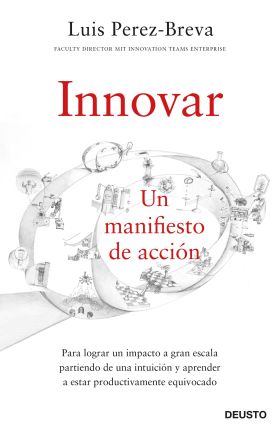
- Start from a hunch and proliferate the intuition. Not to seek novelty at the source but to seek novelty by accumulation.
- Starting from intuition about a problem is the least complicated way to start innovating.
- Give intuition a problem structure.
- Innovate on real problems.
- Simulate the problem, make it tangible and observe.
- Do not look for linear solutions.
- Model the problem to scale. Prototype. Observe.
- Learn from the process as you go along, as it will be useful for future projects.
“The Right it. Why so many ideas fail and how to make sure yours succeed” by Alberto Savoia.
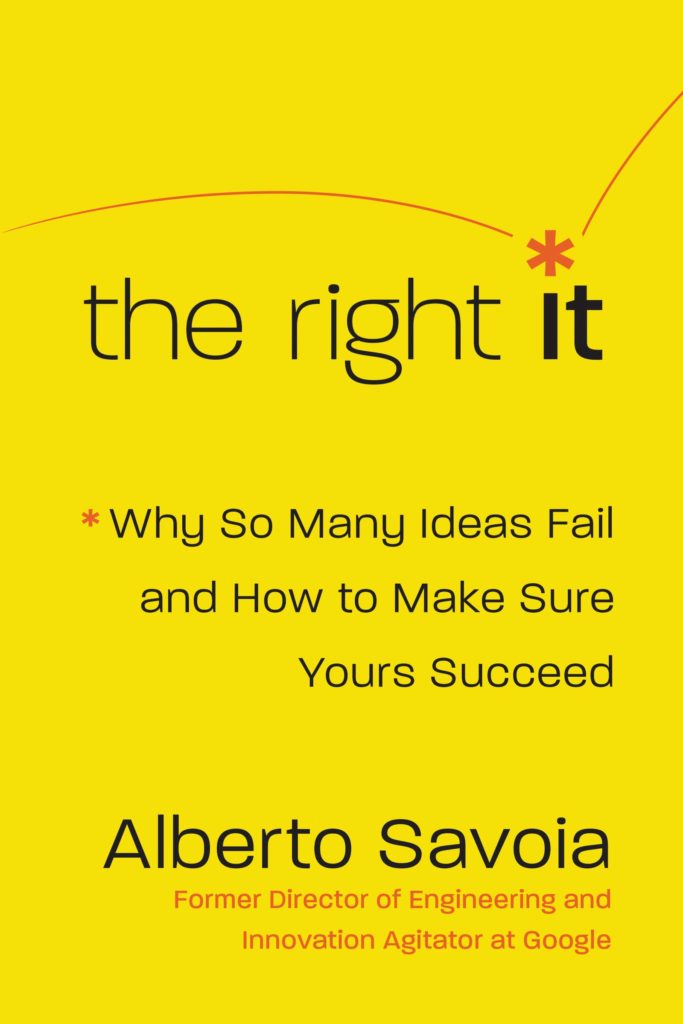
Alejandro Santana, managing partner of Lead To Change, presented us with the book “The Right it. Why so many ideas fail and how to make sure yours succeed” by Alberto Savoia, who led the team that launched Google Adwords.
The methodology proposed by Savoia helps to move from Occurrences to Ideas, from PowerPoints to Impact and from Asking to Observing. A highly recommended read that helps you learn from failures and identify the key factors that act as multipliers of success.
“Innovación 2.0: ¿Por qué cuando hablamos de innovación nos olvidamos de las personas?” by Jay Rao.
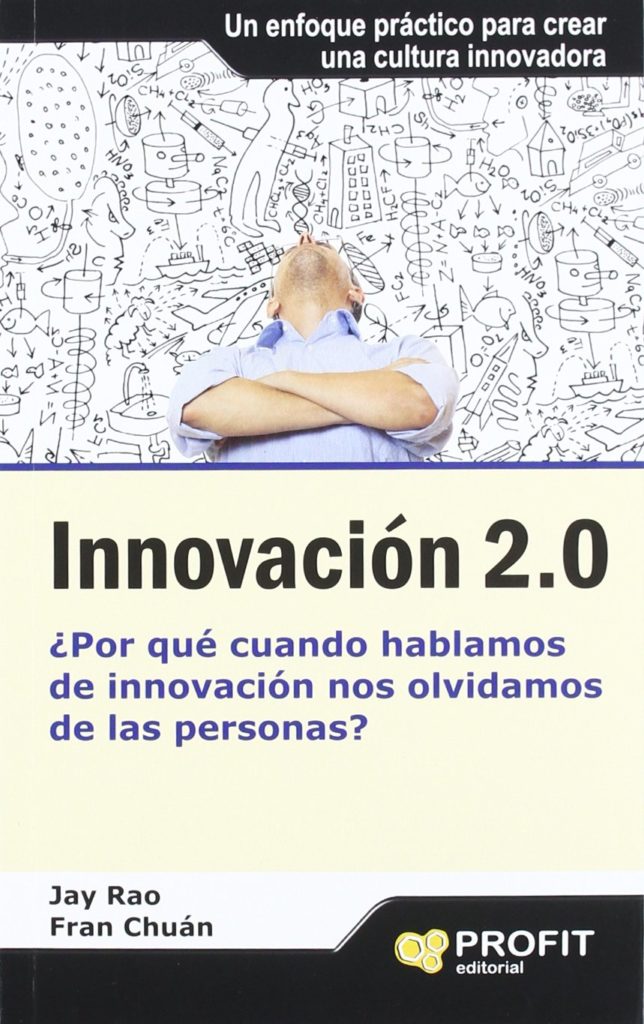
For those of us who are concerned about how to generate a culture of innovation in our company or team, a highly recommended and enjoyable book is “Innovación 2.0: ¿Por qué cuando hablamos de innovación nos olvidamos de las personas?” by Jay Rao, professor of Executive Education programmes at Babson College. Through a dialogue between an inquiring manager and a business school professor, Jay Rao shares a series of tools for developing an authentic, people-centred culture of innovation.
Carol Dweck “Mindset: The New Psychology of Success”.
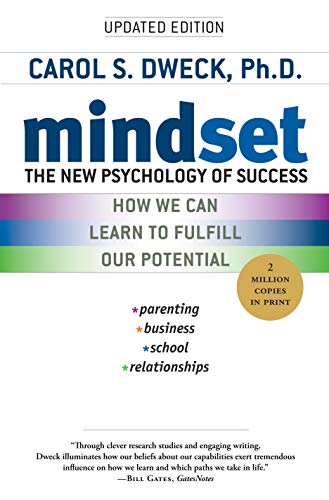
Jay Rao, during his lecture in Boston, also recommended Carol Dweck’s book “Mindset: The New Psychology of Success”. Dweck is a psychologist and researcher at Stanford University. Dweck explains that it is not only our skills and talents that lead us to success, but the mindset with which we approach challenges. Praising intelligence and ability does not build self-esteem and necessarily lead to success, but can actually jeopardise it. The right mindset can create a love of learning and resilience that is the foundation for great achievement in any field.
“Playing To Win: How Strategy Really Works” by AG Lafley.
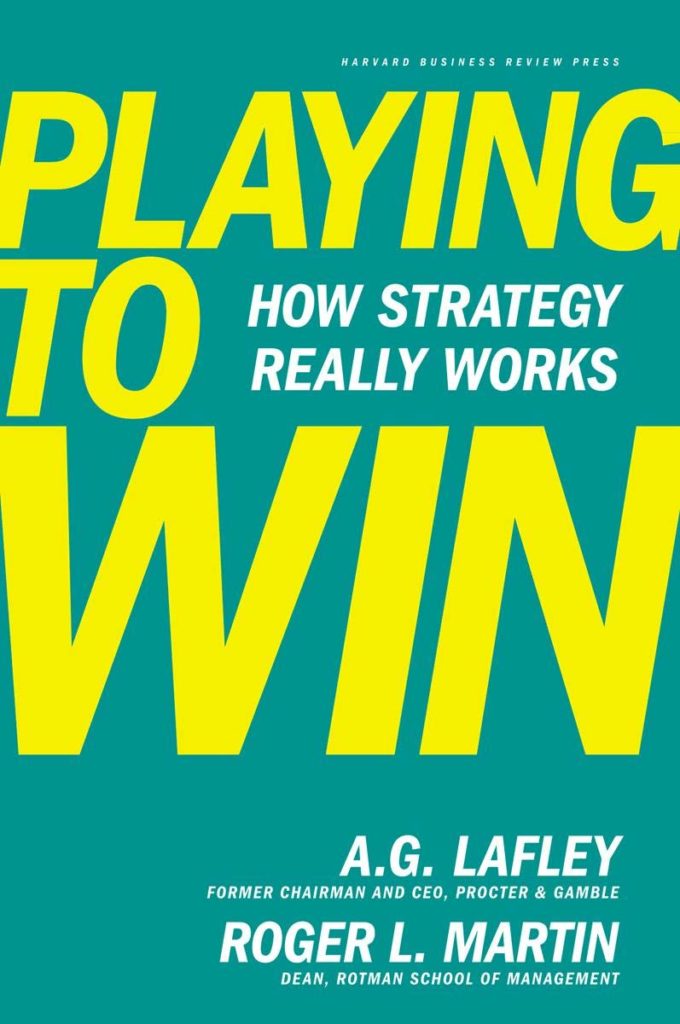
Xavier Marcet, during his presentation, recommended the book “Playing To Win: How Strategy Really Works” by AG Lafley, former CEO of Procter Gamble and his strategic advisor Roger Martin. It defines 5 strategic principles that when worked simultaneously allow you to stay ahead of the competition.
Lead from the Future: How to Turn Visionary Thinking into Breakthrough Growth” by Mark W. Johnson i Josh Suskewicz.
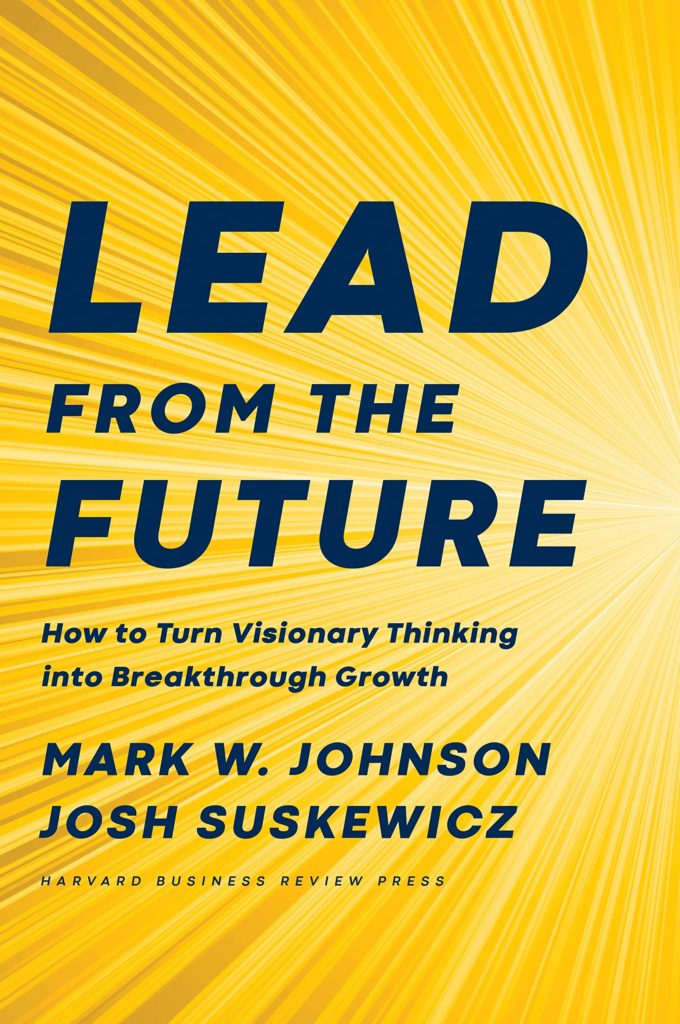
Marcet referred, among others, to the book “Lead from the Future: How to Turn Visionary Thinking into Breakthrough Growth” by Mark W. Johnson and Josh Suskewicz, which redefines the world of Innovation and introduces important concepts such as disruption.

